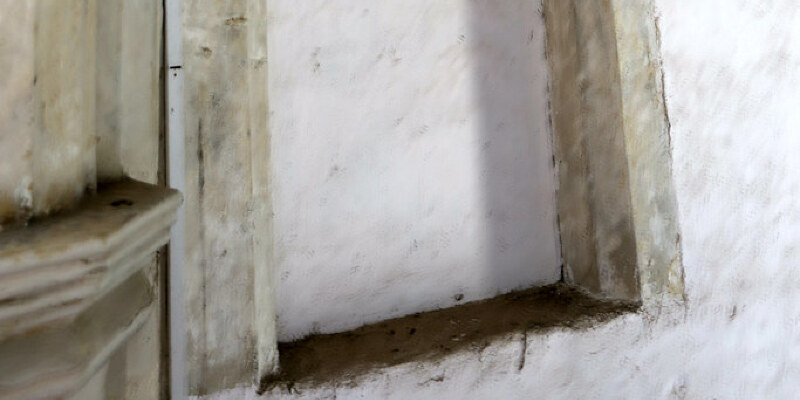The national government has four forces over real property: taxes, police power, eminent domain and the power of escheat. Escheat comes from the Anglo-French word that means to fall back. When someone dies without a will, and no names or heirs exist for whom to transfer possession of his property, it will become the property of its own county or state authorities.
History
The idea of escheat came into the USA by way of its founding fathers from Europe. With origins in feudal England, the privilege of escheat was reserved solely for the king during that moment. Inheritance allowed noble families to maintain riches when one person received the whole estate. If there was no living heir with designated course, the property automatically reverted to the king.
Function
Escheat is meant to keep property from becoming ownerless if it is abandoned or no living accountable parties exist. Historically, corporations could own only a specific amount of property, with the extra subject to escheat as a sort of regulation. In some nations, religious societies that promote polygamy or do not incorporate based on country law are subject to escheat.
Misconceptions
Forfeiture is frequently confused with escheat because it is also a type of relinquishment of property. Unlike escheat, which occurs when no one exists with interest at a property, forfeiture can be imposed against real or personal property and future pursuits as a penalty for people who commit an illegal act.
Subjected Real Estate
Any property of property located in the country upon a person’s death is related to escheat, including property property, stock shares and dividends, safety deposits for utilities, insurance proceeds and bank accounts. There’s a due process of contemplating property left handed, and each nation must notify the general public through a regular process allowing people to guard claim to the property. It isn’t mandatory for a country to escheat unclaimed property if its value is below the expense of getting it.
Escheat Procedure
Many countries require that claims for property be asserted within a set period of time or the plaintiff forfeits them. Some countries adopt a presumption of death after a person has disappeared for seven decades. Anyone who claims rights to property may present his proof against that of this nation. Escheat informers, who notify nation governments of property subject to escheat, and escheaters, who are court-appointed escheat claim supervisors, can receive compensation from the authorities for their advice and support.
California Escheat Statutes
Title 10 of the California Civil Procedure Code summarizes the escheat process in the country concerning unclaimed property in Sections 1510-1523. All unclaimed property usually escheats to the state of California once unclaimed for 3 decades. Property that is escheatable consists of intangible things like dividends and stocks. Anyone in possession of escheated property must return it to the nation no more than seven months and 15 days after it is filed and reported.
